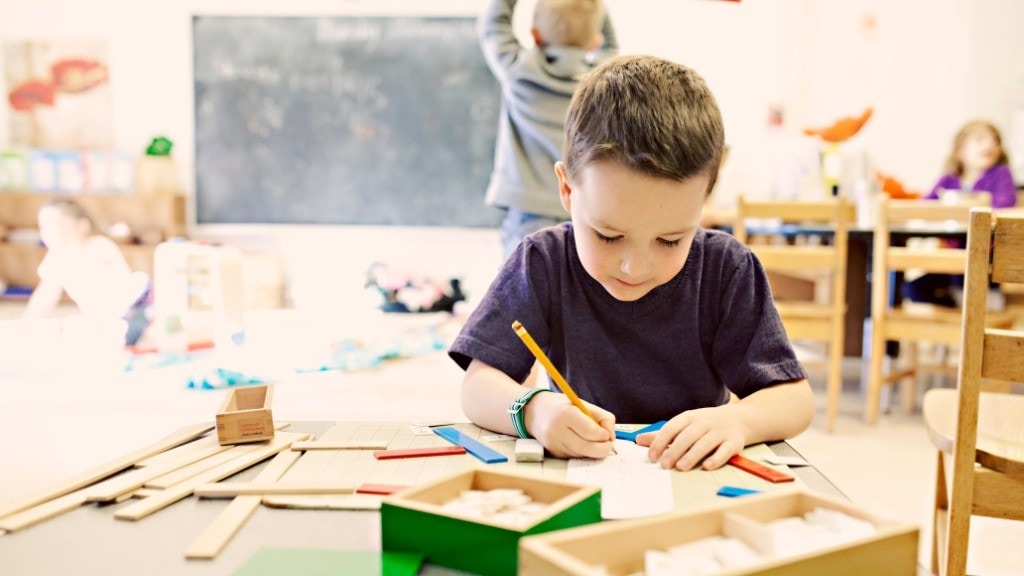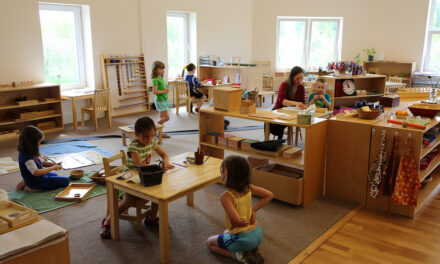Key Principles of Montessori education, over a century old, remains one of the most influential educational methods worldwide. Rooted in a deep understanding of child development, it offers a unique and transformative approach to teaching and learning. But what are the core tenets that guide Montessori teaching? This article delves into the key principles that underpin this revolutionary approach.
1. The Absorbent Mind
Dr. Maria Montessori observed that children, especially those below age six, possess an ‘absorbent mind’. This means they effortlessly and unconsciously absorb knowledge from their environment. During this phase, experiences play a critical role in shaping a child’s cognitive and emotional development.
2. The Sensitive Periods
Throughout their development, children go through ‘sensitive periods’ where they show heightened interest and aptitude for learning specific skills, such as language, movement, or order. Montessori education capitalizes on these periods, offering appropriate materials and activities for optimal learning.
3. Prepared Environment
Montessori classrooms are meticulously crafted spaces that support self-directed learning. Every item, from furniture to learning materials, is intentionally chosen and placed to foster independence, exploration, and order.
4. Autoeducation (Self-Directed Learning)
Montessori believed in the child’s innate drive to learn. In a supportive environment, children can become active agents of their own education, choosing what they engage with and learning at their own pace.
5. The Role of the Montessori Teacher
Distinct from traditional teaching roles, Montessori educators act as guides or facilitators. Through observation, they discern each child’s needs, offering support, resources, or interventions as required, rather than directing the learning process.
6. Cosmic Education
For older children, Montessori education introduces the concept of ‘cosmic education’. This encourages children to understand their role in the larger universe, fostering a sense of connectedness and responsibility towards the environment and society.
7. The Montessori Materials
Integral to this educational approach are the Montessori materials. These are scientifically designed, hands-on tools that cater to a child’s developmental needs. They often have a self-correcting element, allowing children to identify and rectify errors on their own.
Montessori in Action: Conferences and Gatherings
While the principles of Montessori education provide a foundation, seeing them in action offers a deeper understanding. Canada hosts one of the most renowned gatherings in this realm, the Children Change The World Montessori Conference. Recognized as the best Montessori conference in Canada, it invites educators, enthusiasts, and the curious to witness, discuss, and innovate around Montessori principles. To know more about the event and its offerings, check out www.childrenchangetheworld.com/schedule.
Conclusion
The Montessori method, with its child-centered principles, offers a holistic educational approach that resonates across cultures and decades. Whether you’re a teacher, parent, or someone interested in educational methods, understanding these principles can provide insights into the transformative potential of Montessori education.
Key Principles of Montessori
Montessori School in Calgary


